Radical Life Extension
Mark Honeychurch - 23rd June 2025
Whatever the science may say, there’s no lack of people who are chasing the holy grail of a longer life, often known as Extreme or Radical Life Extension, and who are keen to tell you that they’ve figured out the secret. Unsurprisingly, they often also have something to sell you. I decided to look into some of the more vocal and well-known of these advocates for extending our lives, to see whether their ideas stack up.
Bryan Johnson
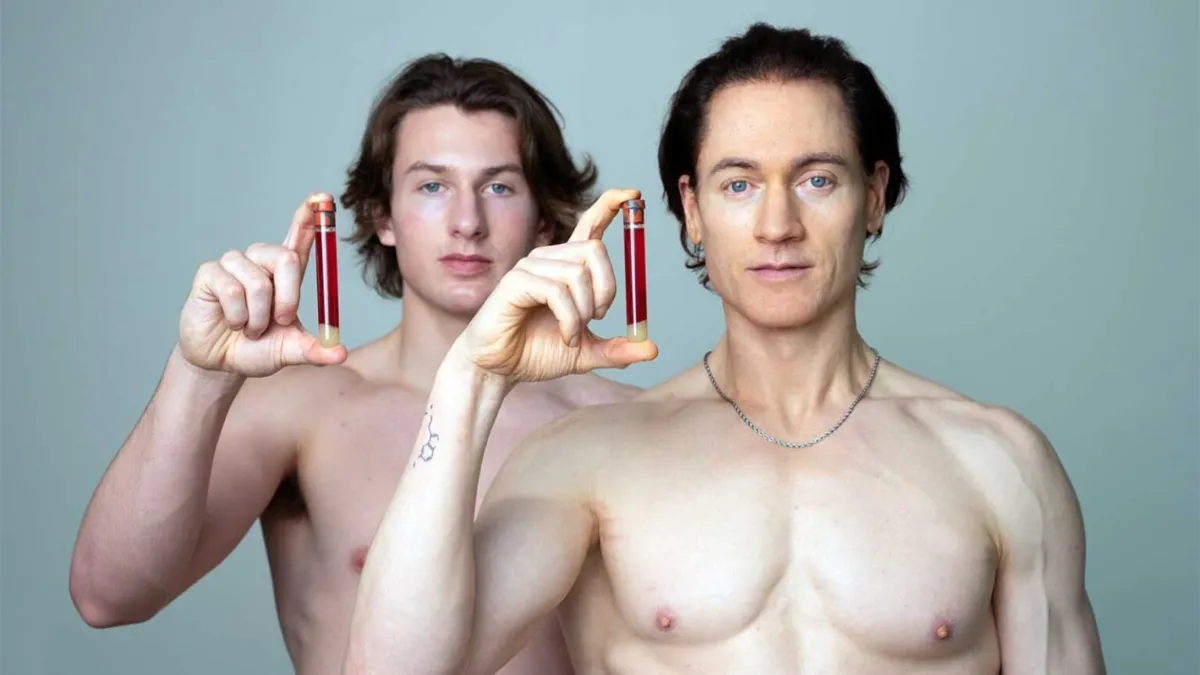
I’m sure most of us have heard of Bryan Johnson, the tech CEO who had a blood plasma transfusion from his son (as well as more transfusions from other young people) in an attempt to extend his life. Bryan has decided that, rather than follow evidence-based suggestions for staying healthy and helping him to live well into old age, he’s instead going to chuck everything at a wall and see what sticks - in an effort he’s called “Project Blueprint”.
As well as the plasma transfusions, Project Blueprint involves a vegan diet (with intermittent fasting), a strict sleep routine, exercise, audio therapy, meditation, red light therapy, “gene therapy” and lots of vitamins, supplements and off-label pharmaceuticals - using medical drugs that are designed for a primary purpose for their beneficial secondary side-effects. This is all accompanied by lots of diagnostic testing and monitoring, regularly recording hundreds of different biological metrics and analysing them. None of this can be cheap (Bryan says it costs him US$2 million a year, but he can afford this as he sold his company, payment processor Braintree, to eBay for US$800 million), and sadly a lot of it seems to be pseudoscientific. Here’s a list of what he was taking at one point, although from what I can tell he’s recently reduced this somewhat:
NMN / NR, Ca-AKG, Cocoa Flavanols, Ashwagandha, Sulforaphane, Taurine, Aspirin, CoQ-10, Turmeric, NAC, DHEA, Garlic, Boron, Vitamin D-3, Vitamin C, Zinc, Ginger, Vitamin E, Omega 3s, Fisetin, Genistein, Vitamin K2 (MK-4), Vitamin K2 (MK-7), Vitamin K1, Lycopene, Lithium, Lysine, Proferin, Spermidine, Zeaxanthin, Glucosamine Sulfate 2KCL, Iodine (as Potassium Iodide), Hyaluronic Acid, B-Complex, Vitamin B12 (Methylcobalamin), Pea Protein, Viviscal, Rapamycin, Metformin, Acarbose, Estradiol (17α-E2)
Not only are most of these interventions unlikely to add any meaningful amount of time to Bryan’s life, he’s also admitted that at least one of them, rapamycin (an anti-rejection immunosuppressant drug used by organ transplant recipients) is likely to have shortened his lifespan. I guess that’s the risk of a scattergun approach - some treatments may hit the target, but others may be so wide of the mark that they end up doing damage.
Bryan’s transparency can come across as oversharing, especially when dealing with topics like de-ageing his penis and comparing his sleeping erections to those of his son:
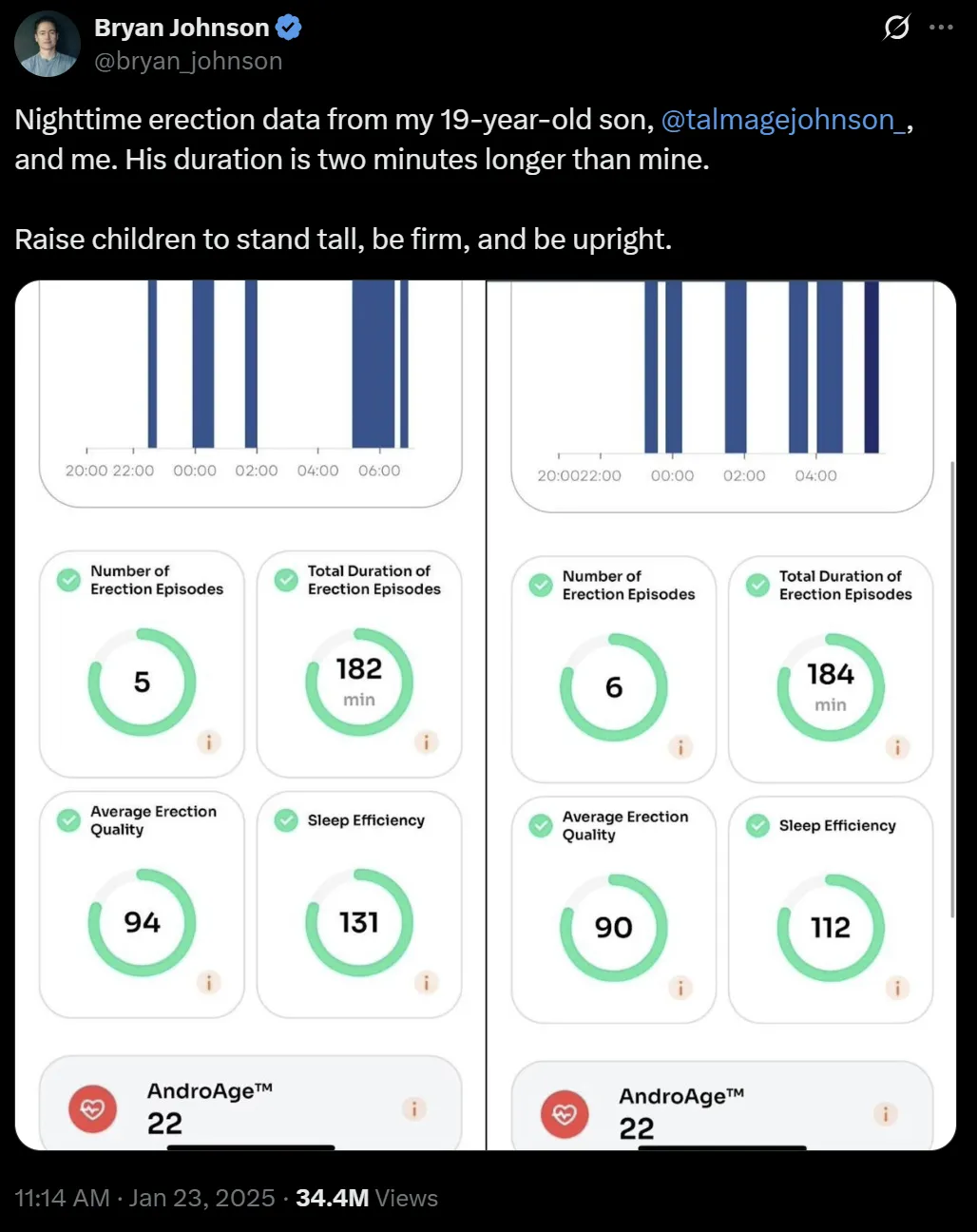
Apparently Bryan recommends the Adam Sensor for these measurements, and Adam say on their website that “Shifts in night time erections often mirror deeper changes in your body—cardiovascular fitness, testosterone levels, and overall erection quality. Track them and you’re monitoring three pillars of men’s health with one simple metric”. Their device supposedly measures your “AndroAge”, a metric they appear to have both made up and trademarked.
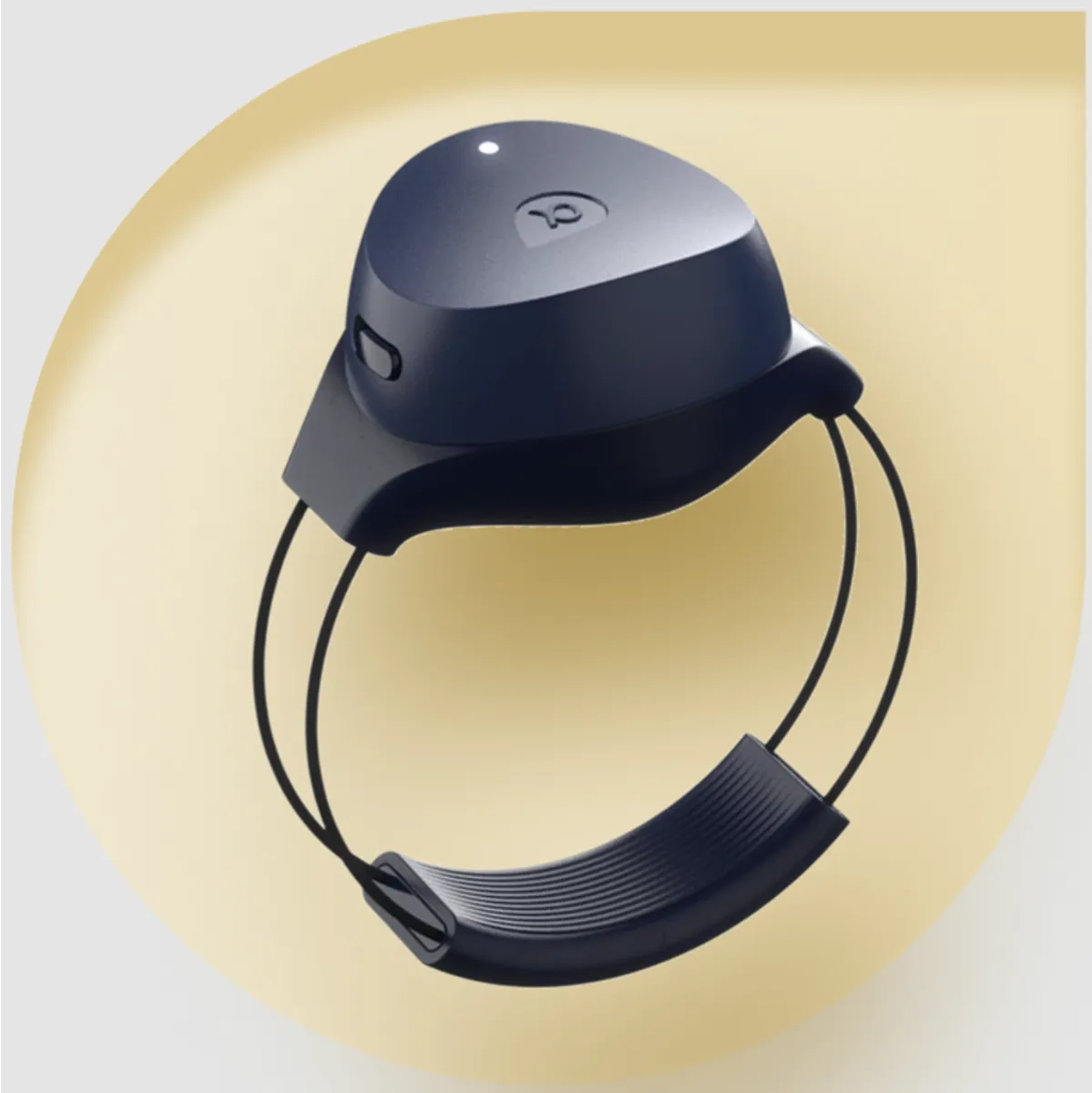
Using this device, Bryan claims that his erections are like an 18 year old’s:
Speaking of penises, Bryan runs the “Rejuvenation Olympics” - an online dick-measuring contest where everyone gets to compare their supposed pace of ageing against other people who are obsessed with (not) getting old and dying. Interestingly, the metric they use to measure this is called the Dunedin Pace, named after the Dunedin Study where a large cohort have had extensive data about their lives collected for the last 50 years. A Dunedin Pace of 1.0 means that your ageing is at the same pace as the average member of the Dunedin Study, with scores lower than 1 meaning that your ageing is supposedly happening at a slower rate than average - although this metric, using DNA methylation measurements, doesn’t appear to equate to a matching change in life expectancy.
The leaderboard on the Rejuvenation Olympics website unsurprisingly shows Bryan, the website’s owner, in first place - followed by more names than I’d want to see being sucked in by this endeavour.
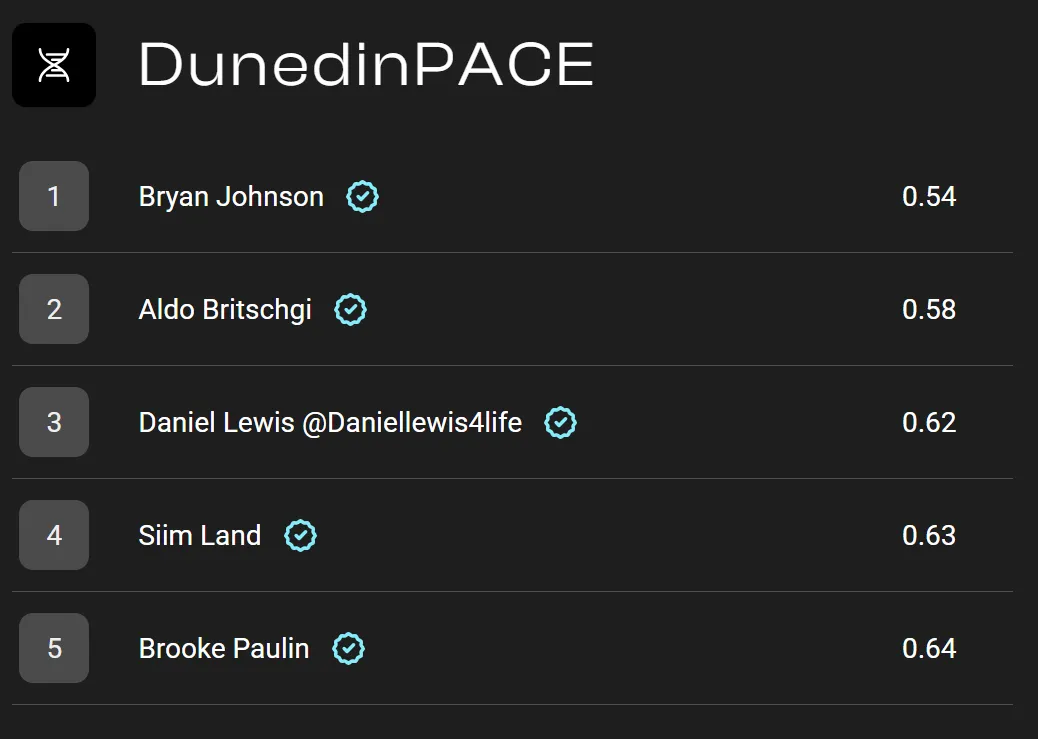
One thing that’s telling in the full leaderboard is that the names of the clinics providing the ageing measurements are listed next to each competitor. From this, we can see that there are a few clinics who are engaging with Bryan’s challenge - Aiwo, CompassionCare Concierge, TruDiagnostic House Clinic, NOVOS Labs, AVA Medical Clinics, the National University of Natural Medicine, Minicircle, R3 Health and more.
The most popular of these by far is TruDiagnostic House Clinic, a website that appears to simply offer ageing test kits - at US$500 each, or $250 each if you sign up for a year’s worth. However some of the testing companies, such as Minicircle, appear to test their clients as part of their treatment program - with Minicircle offering gene therapy to combat ageing. This is the gene therapy that Bryan Johnson has used.
It really does seem like Bryan’s tried everything he can to make sure he stays alive as long as possible. I just hope he’s making good use of the time he has, and is enjoying his life - although his onerous life extension regime takes up a good deal of his day. But that’s okay, because Bryan’s overall philosophy is that the brain is our enemy, forcing us to make bad health choices - and that turning it off as much as possible and focusing on your body instead is the solution.
This effort to extend a lifespan isn’t restricted to just Bryan Johnson, although you’d be forgiven for thinking that he’s the only one doing this, given just how many articles there are online about him - there’s even a Netflix documentary that, thankfully, looks at both sides. As well as giving a lot of airtime to Bryan, following him around as he shows off his regime and gives his life story, the documentary also allows skeptics (including Rebecca Watson) to point out that none of what Bryan does is very scientific or useful to science, and that the sales pitch that comes with the many, many products he promotes and sells looks a lot like nothing more than a grift.
Ray Kurzweil
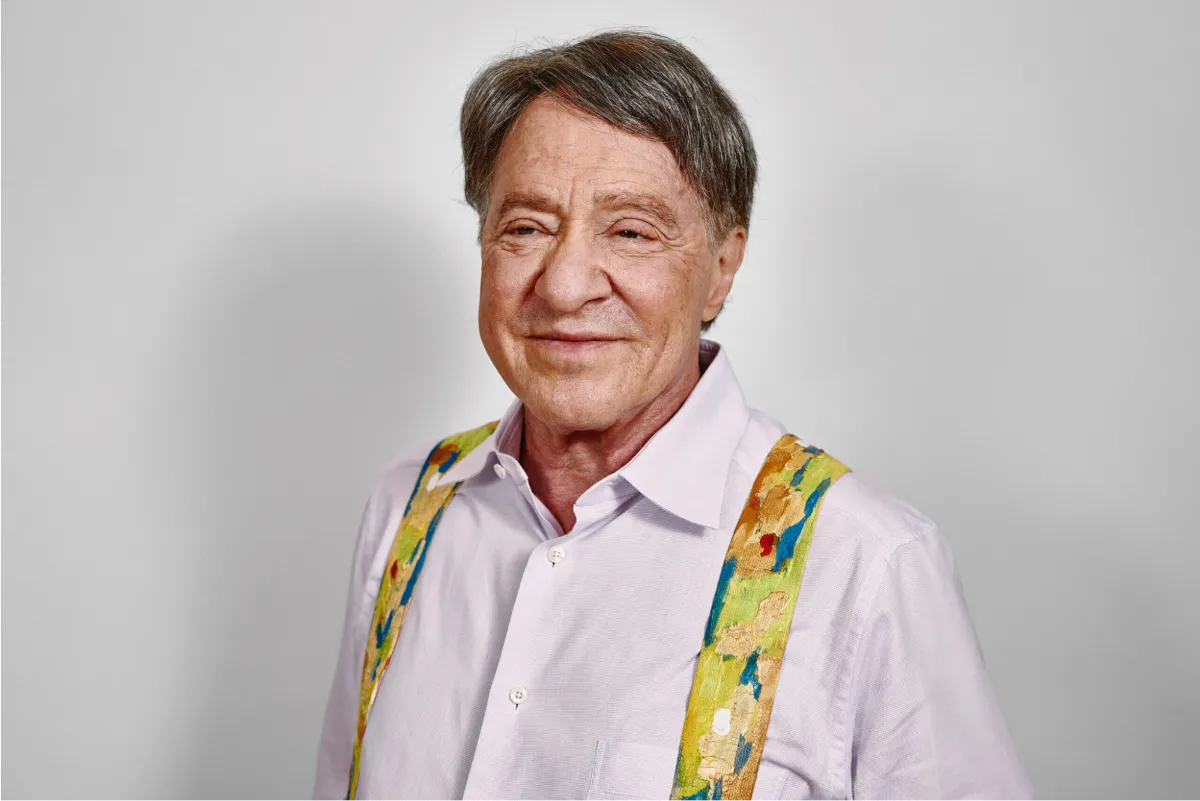
There’s a popular idea within the life extension community that you’re going to be able to outrun death - that each new anti-ageing technology will extend your life long enough that there will be another tech breakthrough within your lifetime. This will then extend your life again, and the ensuing snowballing of advancements will keep you alive forever. Ray Kurzweil, the famous futurist, believes that he’s going to be able to keep extending his life until the coming of the Singularity - where his consciousness will be uploaded to a computer, and potentially downloaded again into a new, possibly robotic, body.
Ray’s regimen of 100 pills a day doesn’t appear to be working, and his hope that he will be able to merge with AI seems a bit premature - given that the best AIs we have so far are mindless, “hallucinating” LLMs. To be frank, Ray’s looking pretty old these days, and I’m not sure he’s going to make it to the promised land of immortality he so desperately craves. Of course Ray has one more card up his sleeve - his last, best hope is cryonics, and he’s signed up for Alcor to freeze him on his death, just in case none of his other plans pan out.
Aubrey de Grey
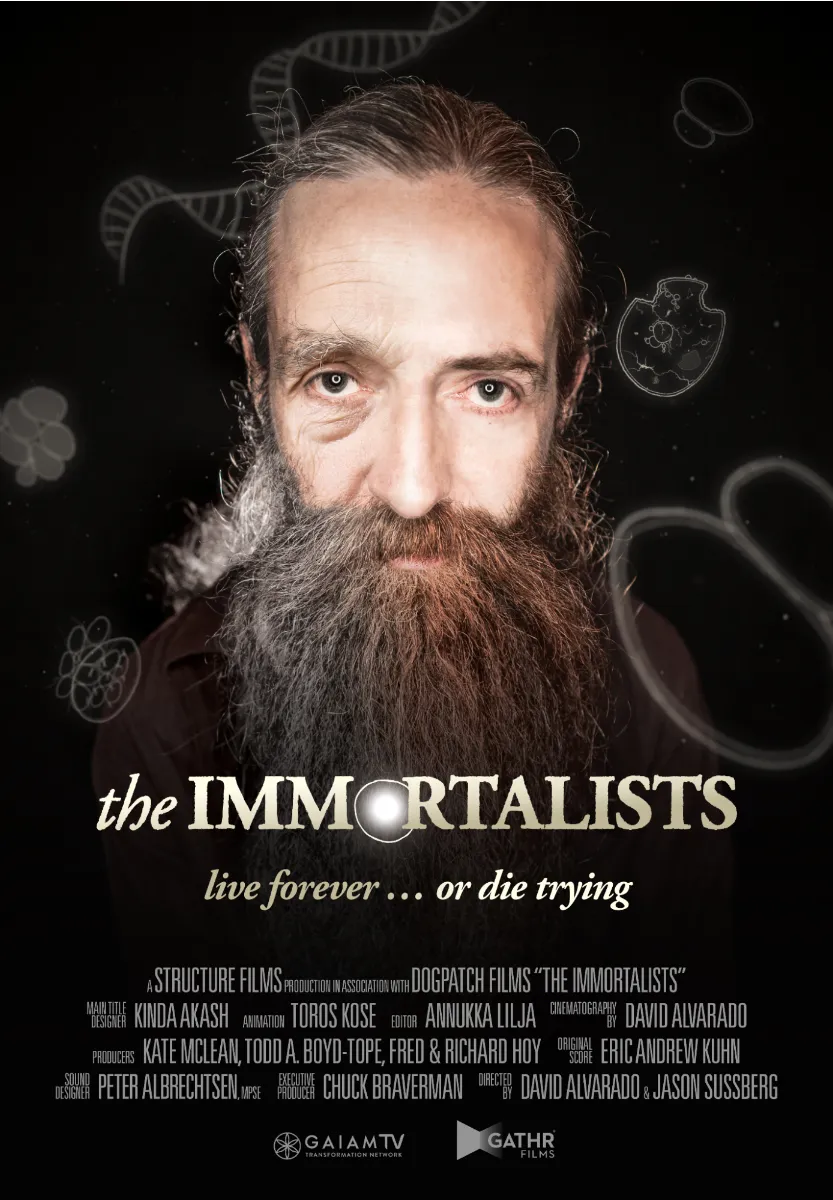
Aubrey de Grey, a famous longevity researcher, has been promising that some people alive today will live to be 1,000 years old - more surprisingly he said this 20 years ago, and suggested that it may be applicable to people in their 60s back then. He’s another True Believer who appears to have hedged his bets by signing up with Alcor. Aubrey is a co-founder of the SENS institute (SENS stands for Strategies for Engineered Negligible Senescence, which is a bit of a mouthful), and until recently was their chief scientist. However ever since a couple of recent sexual harassment allegations, he’s been removed from his role and has started up a new venture, the Longevity Escape Velocity Foundation.
At least Aubrey is something of a legitimate scientist, although having said that I found opinions online to be sharply divided between calling him the genius the world needs, and calling him out for spreading misinformation about the state of gerontological research.
Aubrey and his ideas are featured in the documentary “The Immortalists”. Weirdly, the documentary shows Aubrey, along with another ageing researcher, Bill Andrews, visiting a homeopathic doctor (Dr Grossman, at the Grossman Wellness Center clinic in the US) to have ageing tests done. Why would legitimate scientists be consulting an obviously pseudoscientific physician for medical testing and advice?
The documentary also shows footage of Aubrey and his wife getting naked in some bushes next to a busy road in the UK before having a picnic and making out, and ends with his wife telling the camera that Aubrey has other women in his life, and explaining how she’s not comfortable with his idea that all four of them should move in together. Mentioning this is not an attempt to shame Aubrey for his sexual preferences, but I figure these glimpses into Aubrey’s personal life may go some way towards explaining (but not excusing) the sexual harassment allegations against him.
Bill Andrews
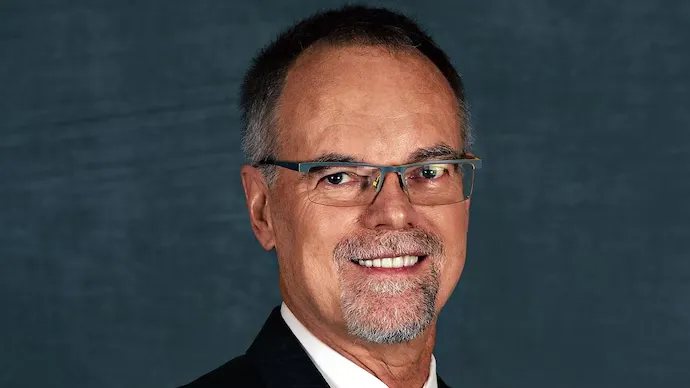
Bill Andrews runs Sierra Sciences, and seems to be one of the least bombastic, and least unlikeable, of the longevity gurus, with the understandable mantra of “Cure Aging or Die Trying” - although a bit less subtly it also says on his website “I plan to live forever”.
The Immortalists documentary shows Bill Andrews, when his laboratory is threatened with closure due to a lack of funding, turn to a supplement maker to create a product called “Telomere Support” that they can sell in order to secure the money needed to continue operating. In an unusual moment of honesty, Bill actually says to the camera of this deal:
“I would do just about anything if somebody offers me the amount of money that I would need to continue my research into trying to find a cure for aging, because that’s my mission in life”
The documentary then cuts to Bill looking visibly awkward as he sits opposite the supplement maker, listening to talk about how “this is… going to change the world” - words he obviously knows just aren’t true.
Since the documentary came out in 2014, Bill appears to have secured at least some funding, as his laboratory is still running (at least in name). However the website appears to be somewhat neglected, and is pretty thin on the ground when it comes to providing any information outside of how to book an appointment with Bill, and some claims about how he is the discoverer of human telomerase - “In 1994 I discovered an enzyme called human telomerase”. This is a surprising claim, given that it turns out Elizabeth Blackburn, Carol Greider and Jack Szostak were jointly awarded a Nobel for this discovery in 2009. Bill isn’t mentioned anywhere in the Nobel Prize press release.
James Strole
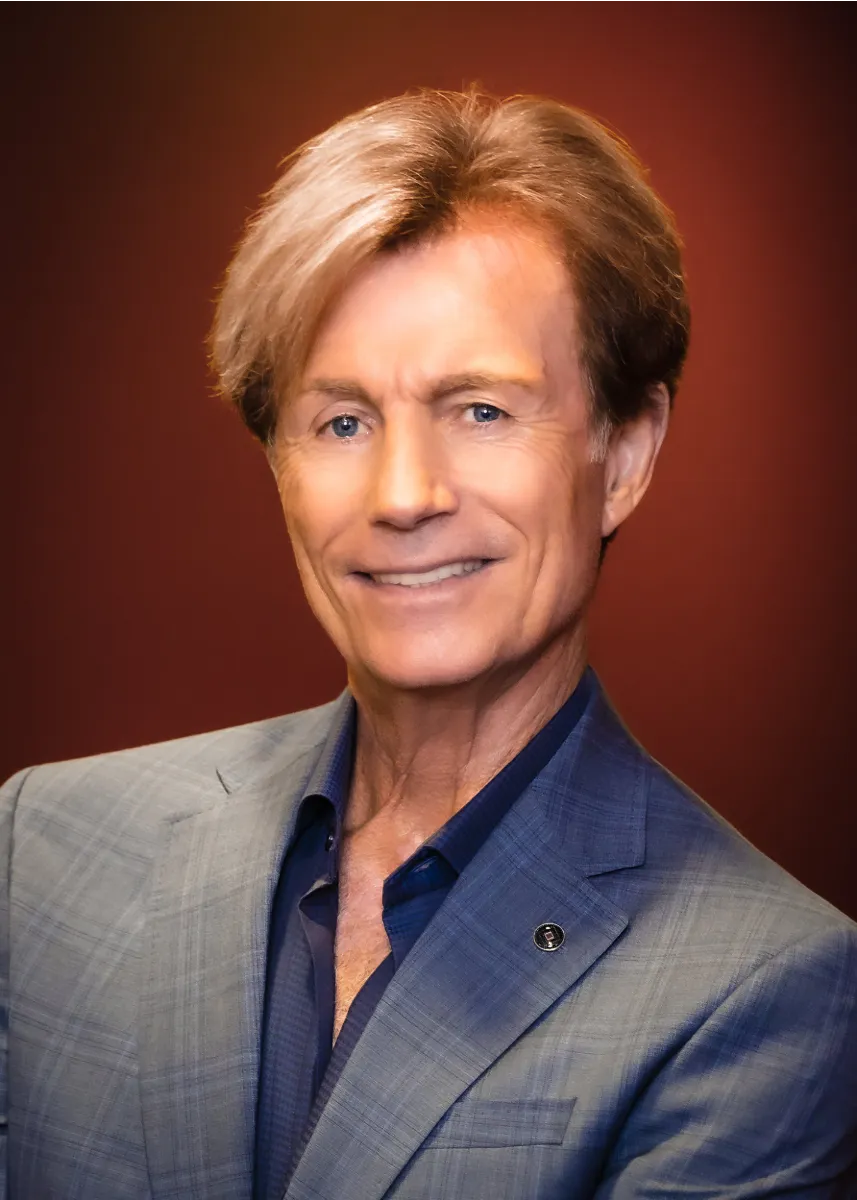
James Strole made his money investing in real estate, and he tells people on his personal website that “We’re supposed to live forever”. He’s dedicated to extending his life, and to that end he takes up to 70 pills a day. Here he is with just some of his daily medicines (and presumably his natural hair colour):
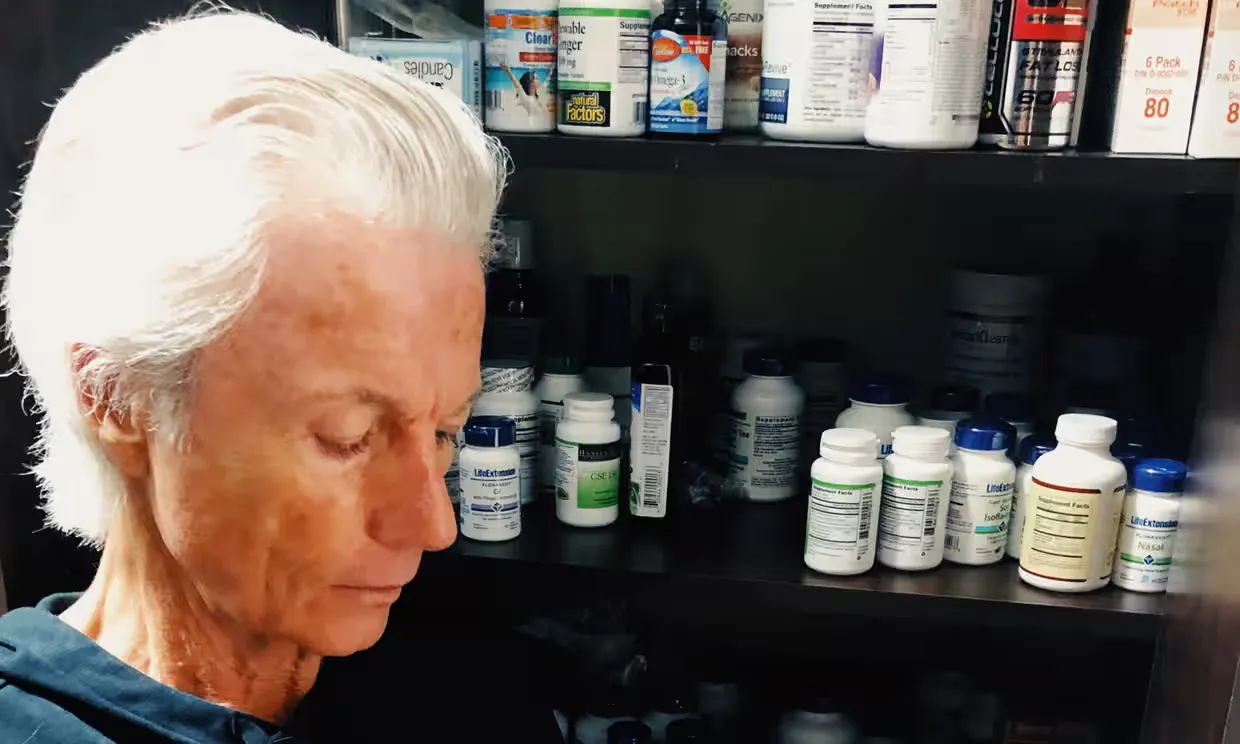
His organisation, the Coalition for Radical Life Extension, appears to be a central hub for all things anti-ageing. The Coalition runs the biggest annual life extension conference, RAADfest, where every year speakers such as James, Aubrey de Grey and William Faloon give talks about some of the most recent research into ageing, and tell people about what new products are available to buy.

William Faloon
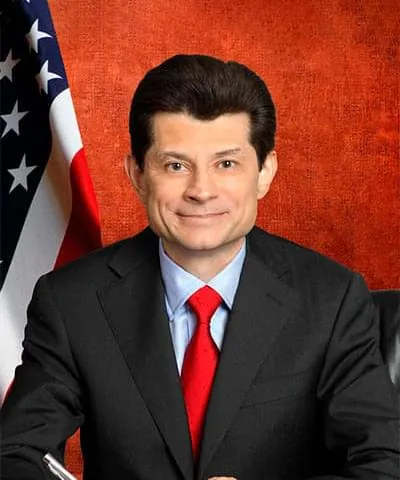
Bill Faloon runs the Life Extension website, which will sell you a host of supplements that will supposedly help you live longer:
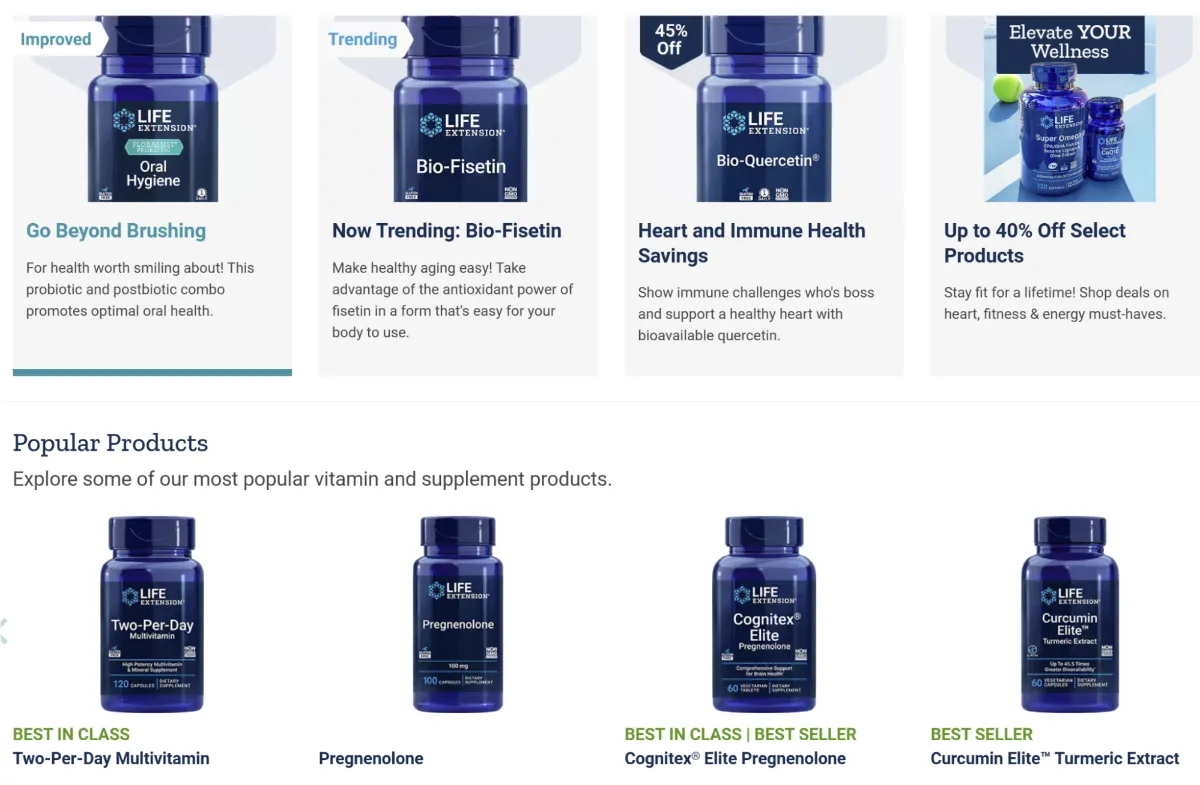
He also created the Church of Perpetual Life, a weird quasi-religious organisation that feels more like an attempt to dodge laws and avoid paying taxes (akin to the Church of Scientology or the bleach drinking Genesis II Church of Health and Healing) than an actual church. Their creed states:
We believe that all of life is sacred and that we have been given this one life to make unlimited. We believe in our Creator’s divine plan for all of humanity to have infinite lifespans in perfect health and eternal joy, rendering death to be optional.
By following our Gospel we achieve eternal life creating a heaven here on earth.
We follow Nikolai Fyodorov, who taught that the transcendence of the creator will only be solved when humanity in our unified efforts become an instrument of universal resuscitation, when the divine word becomes our divine action.
And we follow Arthur C. Clarke, who said “The only way to discover the limits of the possible is to go beyond them into the impossible.”
And so, we enter each day energized in Spirit and empowered by the words of our prophets to live in joy, serving our creator and all of mankind, Forever and Ever.
The church runs monthly services, where sermons have focused on topics such as cryonics, AI, stem cells, transhumanism, cloning and the singularity. Guest speakers have included Aubrey de Grey, James Strole and Ray Kurzweil. By now these names are all becoming quite familiar, and it seems like most of these people are part of a small, tight-knit community.
Dave Asprey
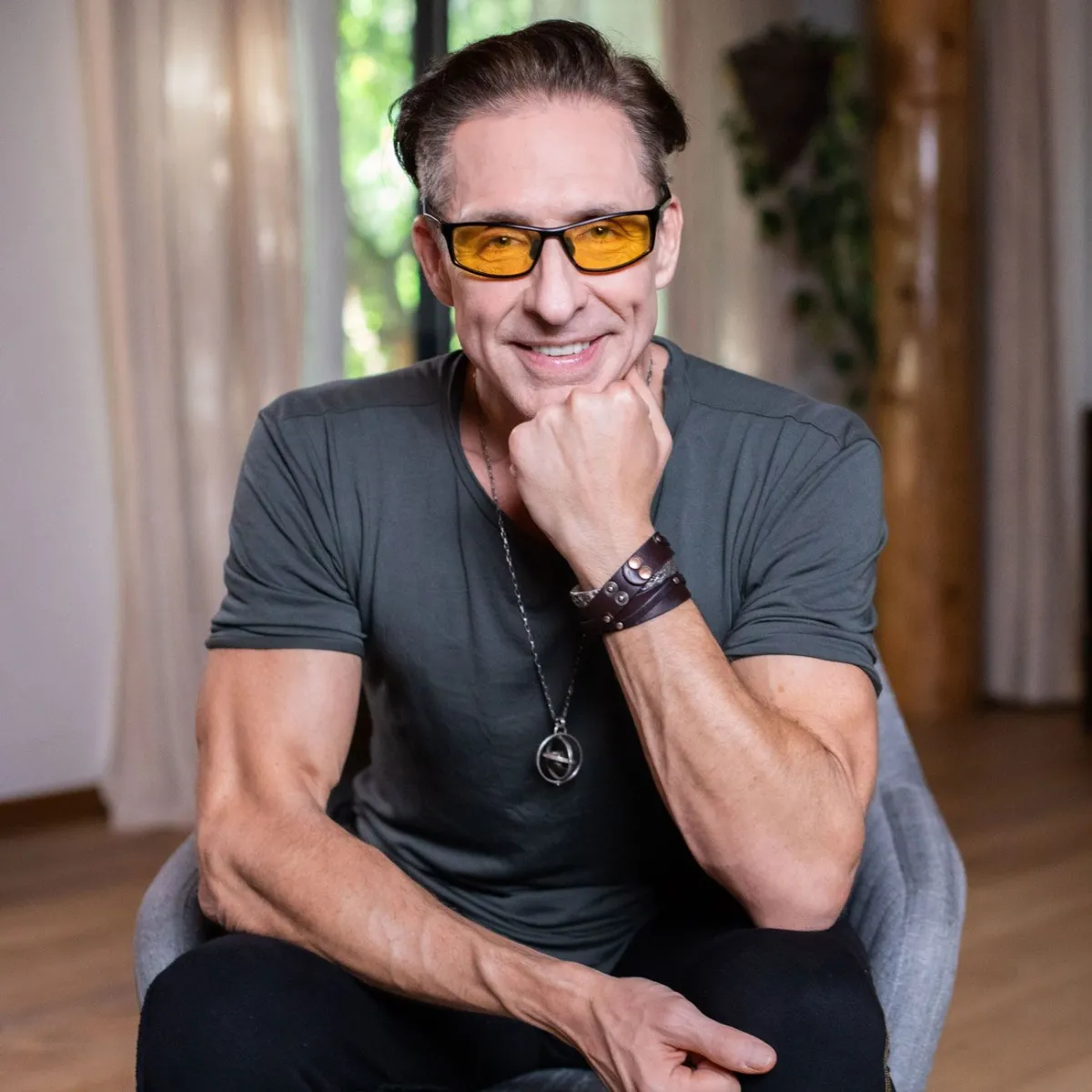
Dave Asprey is a serial entrepreneur who has created many companies selling life extension wellness products and services:

Dave will tell you that if you follow his regimen, which includes drinking his brand of coffee every day and wearing his blue light glasses, you’ll live longer. In fact, he’s planning to live to the age of 180 through “biohacking” his body. The front page of his website should be enough of a warning that this is nonsense, looking more like the website of a product rejected by the Shark Tank and sold through infomercials than a serious site dedicated to the problem of ageing.
For most of the products that Dave and the others are selling, there’s likely a nugget of truth behind the claims - maybe a single pilot study that found potentially positive results in mice, or an in vitro test that made cells live longer. But we all know that this kind of preliminary evidence is nowhere near robust enough for it to make sense to start ingesting or injecting these chemicals on a daily basis.
All of this is not to say that all anti-ageing work is nonsense - far from it. I have a friend back in the UK, from my university days, who has spent the last 20 years working on the problem of ageing. Her research is focused on the idea that we may be able to reduce the negative effects of ageing, helping people to stay healthy as they get older. Outside of her lecturing as an Associate Professor, she studies the fruit fly drosophila, and has even studied the effects of the anti-rejection drug rapamycin on fruit flies - the drug that Bryan Johnson stopped taking when he found it may be ageing him prematurely.
So, what does the science say about this pursuit of a longer life? Sadly for these people, it’s not looking great. A paper published last year, titled “Implausibility of radical life extension in humans in the twenty-first century”, suggests that the life expectancy advances we’ve made in the last century or two have been pushed to their limits, at least in the world’s richest countries, and that the kinds of technological advances we’re looking for to be able to radically alter our biology enough to live longer are unlikely to happen in the next 75 years:
The evidence presented here indicates that the era of rapid increases in human life expectancy due to the first longevity revolution has ended. Given rapid advances now occurring in geroscience, there is reason to be optimistic that a second longevity revolution is approaching in the form of modern efforts to slow biological aging, offering humanity a second chance at altering the course of human survival. However, until it becomes possible to modulate the biological rate of aging and fundamentally alter the primary factors that drive human health and longevity, radical life extension in already long-lived national populations remains implausible in this century.
It seems likely that we’ll eventually figure out how to hack our bodies to extend our lives, maybe even indefinitely, but it won’t be through the pseudoscientific potions and devices these life extension fanatics are testing on themselves and selling to others. These people have an obsession with youth, and I think it’s telling that they’re willing to grasp at anything sciencey to try to keep themselves alive longer, no matter how obviously pseudoscientific these interventions are. I also think it’s a bit weird that so many of them appear to have resorted to hair plugs, face lifts and other cosmetic surgeries to make them appear younger - almost as if the appearance of youth is more important than the actual science of living longer.